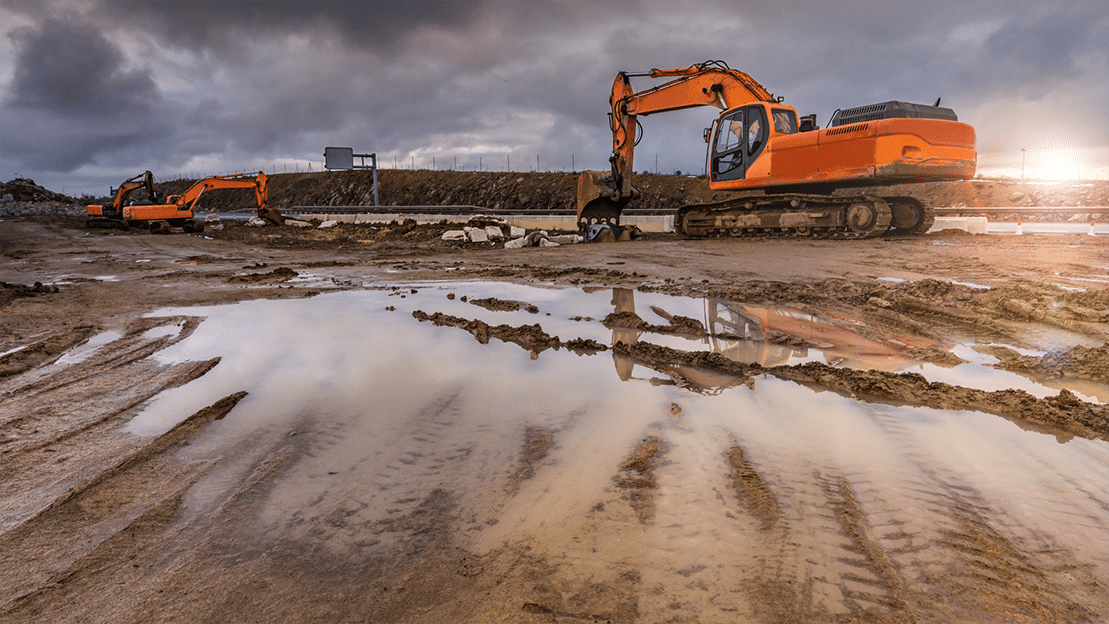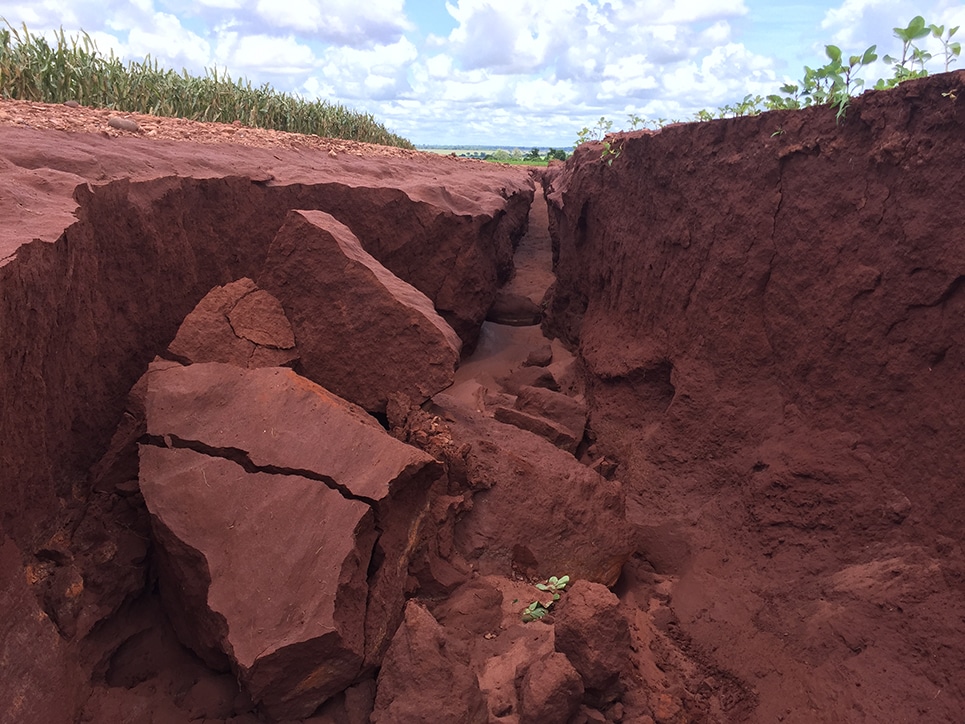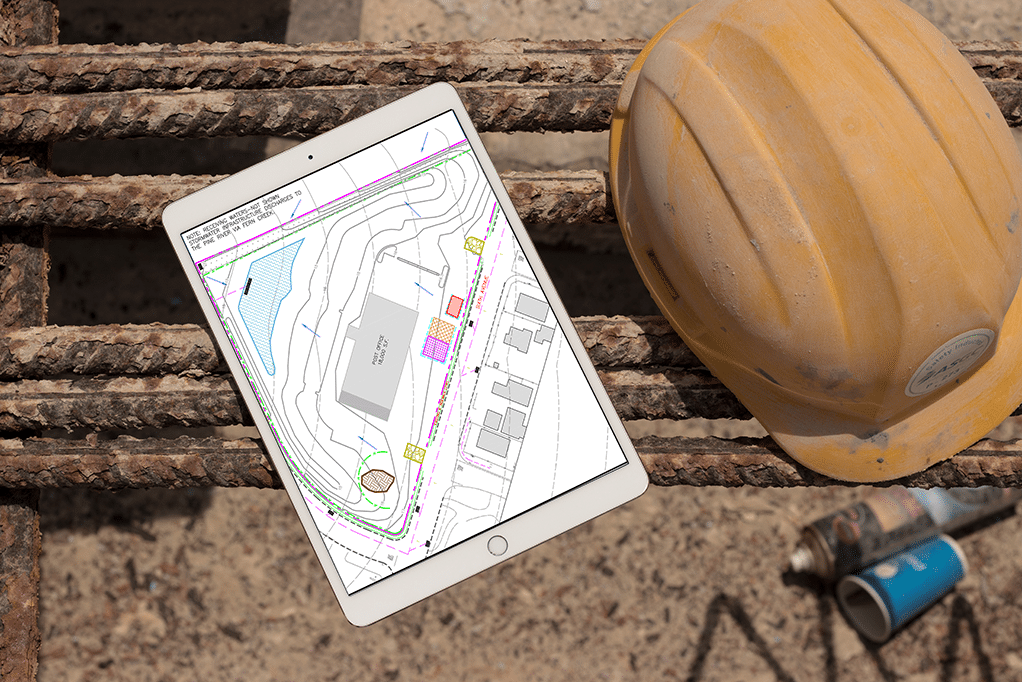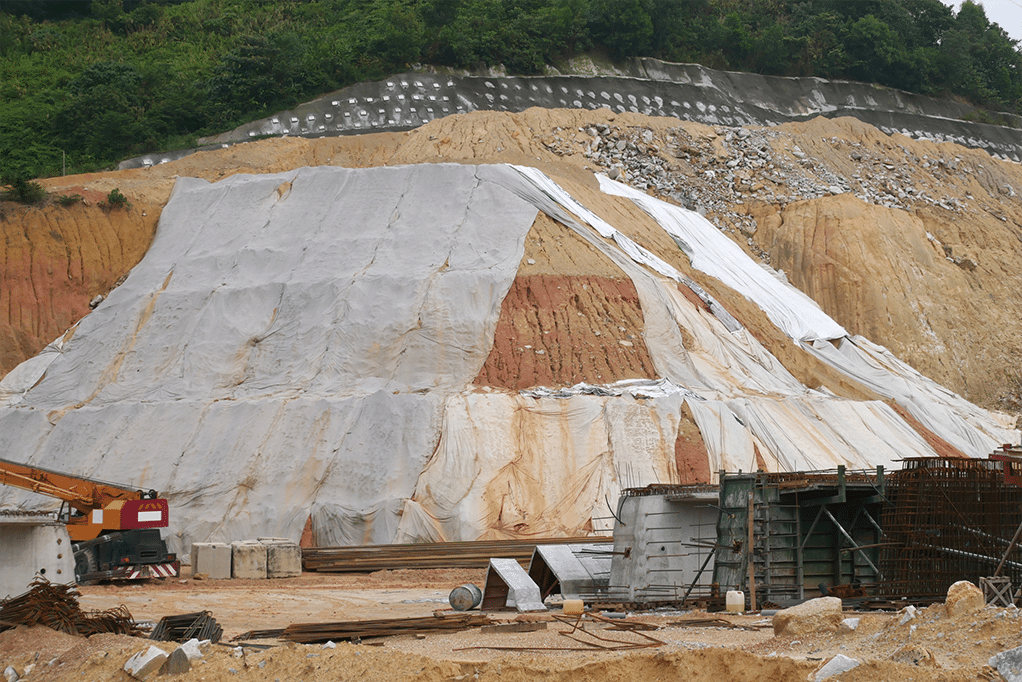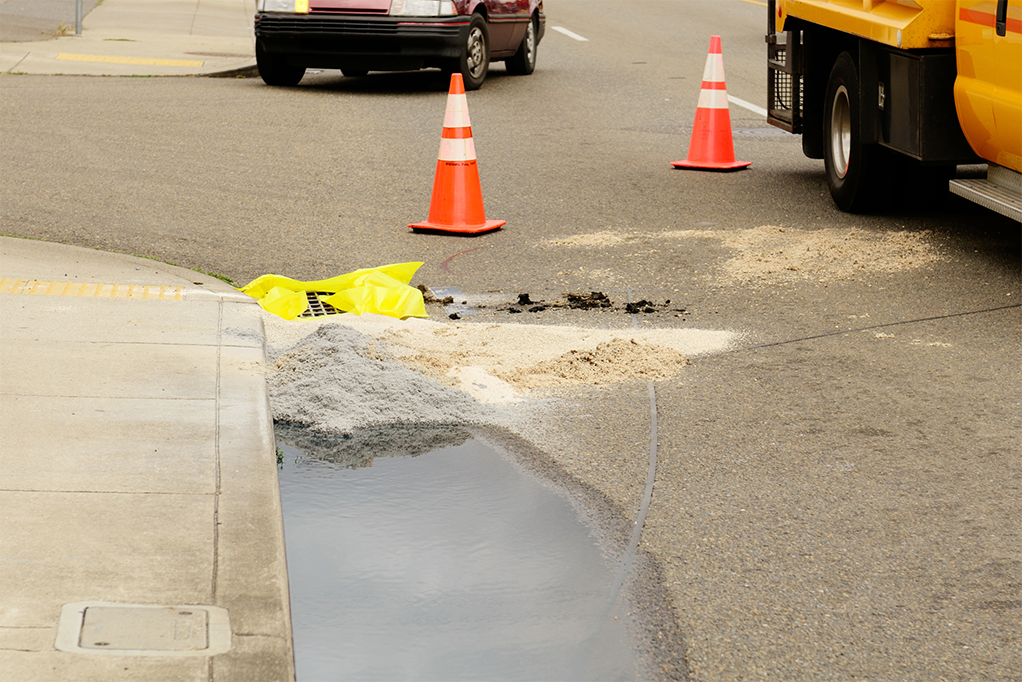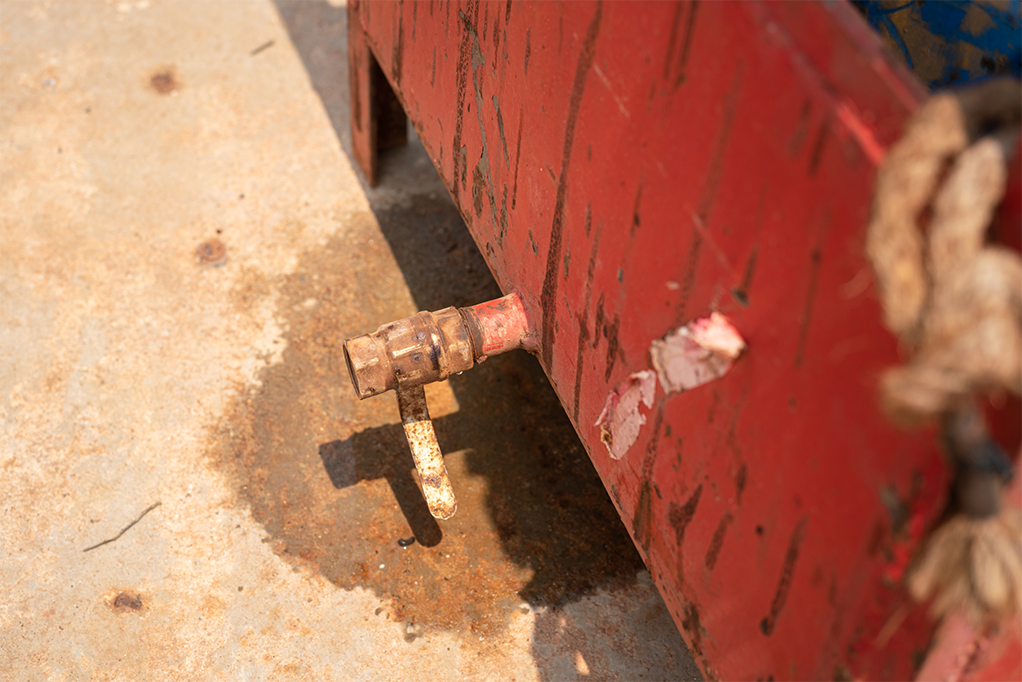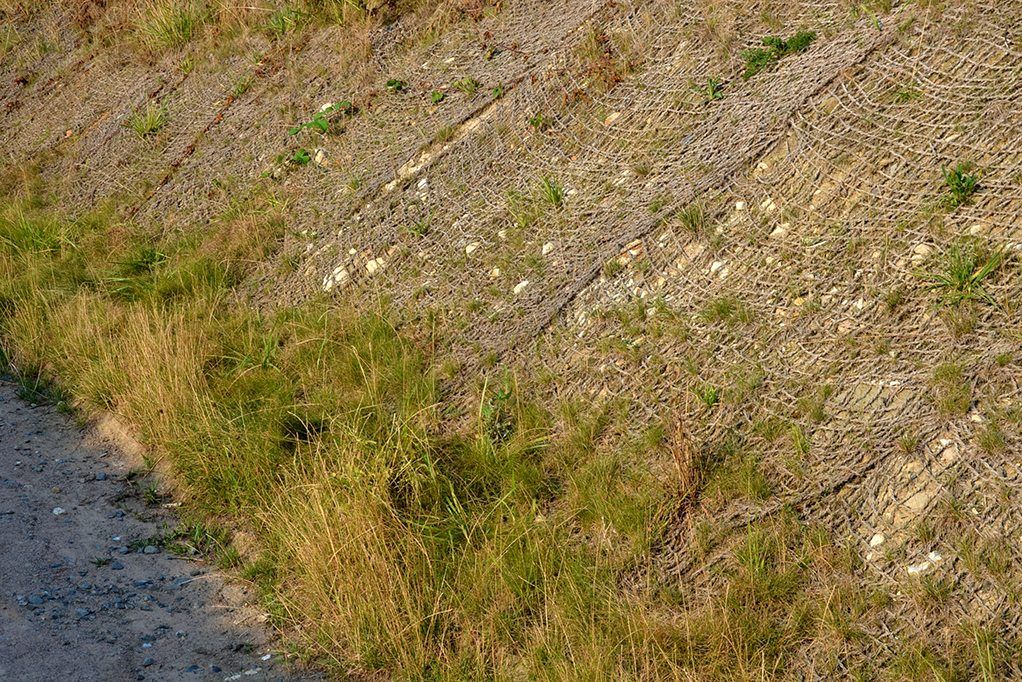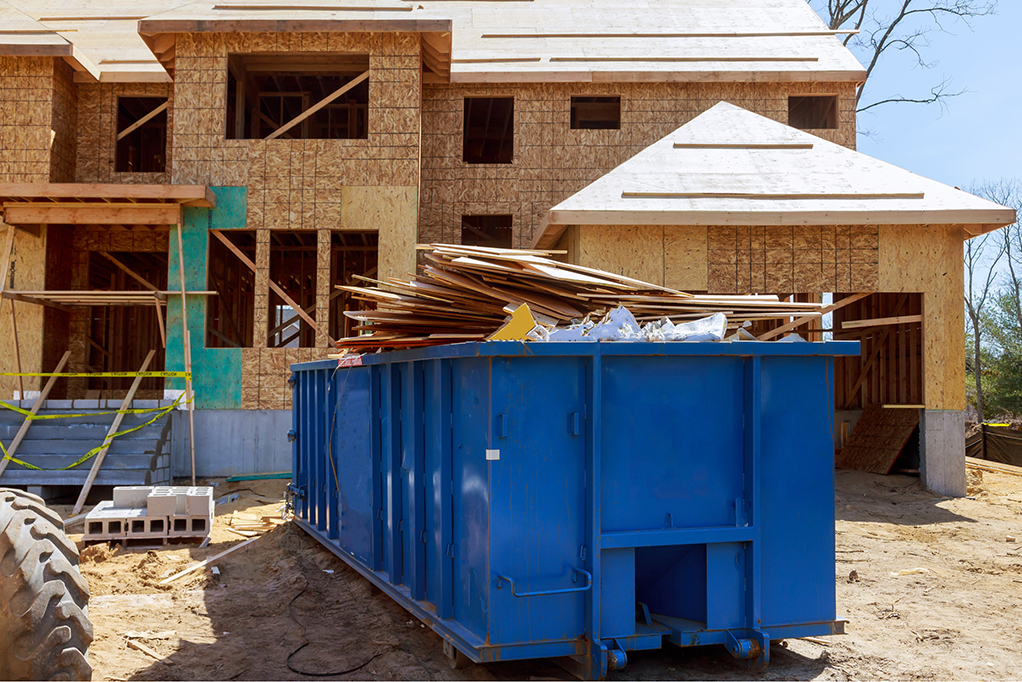How Does a Builder With Multiple Stormwater Permits Avoid a Consent Decree? Easy Steps to Take to Avoid a Consent Decree Avoiding a consent decree in relation to multiple stormwater permits typically involves ensuring compliance with all applicable regulations and permits. Here are some general steps a builder can take to minimize the risk of […]
Tag: Construction
CA Construction General Permit & Stormwater Plan Essentials Navigating the California Construction General Permit and SWPPP Compliance With ComplianceGo The California Construction General Permit, also known as the California CGP, is a key regulatory requirement for construction sites that displace soil or involve land clearing. Understanding the intricacies of the permit, its compliance requirements, and
CA Construction General Permit & Stormwater Plan Essentials | ComplianceGORead More »
What is GSWCC Certification and Why is it Important? GSWCC certification refers to the certification process provided by the Georgia Soil and Water Conservation Commission (GSWCC). This certification is designed to ensure that professionals involved in the installation and maintenance of erosion and sediment control practices in Georgia have the knowledge and skills necessary to
What is GSWCC Certification and Why is it Important? | ComplianceGORead More »
The Comprehensive SWPPP Guide for Construction and Industrial Sites Managing stormwater is a critical aspect of environmental protection and regulatory compliance for construction and industrial sites. One of the core tools in this effort is the Stormwater Pollution Prevention Plan (SWPPP). This guide will introduce you to SWPPPs, their importance, and how to develop and
The Comprehensive SWPPP Guide for Construction and Industrial Sites | ComplianceGORead More »
Effective Erosion Control Techniques for Construction Sites Erosion control is a crucial aspect of any construction project, as it helps prevent soil from washing away and causing damage to the surrounding environment. Erosion control techniques are essential to keep sediment and other pollutants from reaching nearby streams, rivers, and lakes. This blog will discuss some
Effective Erosion Control Techniques for Construction Sites | ComplianceGORead More »
Understanding MS4 Permit Training Requirements Every MS4 permit is slightly different, but they all follow the Environmental Protection Agency (EPA) guidelines. This means that all MS4 permits include instructions and requirements on the Minimum Control Measures (MCM). For MS4s that fall under the small MS4 permits, there are 6 Minimum Control Measures that must be
Understanding MS4 Permit Training Requirements | ComplianceGORead More »
How to be SWPPP Compliant with On-Site Storage Fertilizers Where fertilization is necessary, always follow these restrictions: Apply the fertilizer according to the manufacturer’s specifications.Apply at the appropriate time of the year.Avoid fertilizer use prior to heavy rain.Never apply fertilizer to frozen ground.Never apply to conveyance channels with flowing water.Be sure to sweep off sidewalks
How to be SWPPP Compliant with On-Site Storage | ComplianceGORead More »
How to Handle Dangerous Substances on Site Oils, Vehicle Maintenance, and Fluids When the construction site has fuels, oils, and vehicle maintenance fluids on site, there are specific stormwater BMPs and SWPPP regulations that should be followed: Ensure BMP specifications are included in the StormWater Pollution Prevention Plan, or SWPPP, for oil and fuel storage
How to Handle Dangerous Substances on Site | ComplianceGORead More »
Improper Chemical Handling Can Lead to Environmental Damage Environmental damage is completely avoidable with the right planning and tools. We will discuss chemical treatments as a needed erosion control BMP and what resources to consult when using them. Chemical Treatments Treatment chemicals should only be used if conventional BMPs are ineffective to protect against erosion.
Improper Chemical Handling Can Lead to Environmental Damage | ComplianceGORead More »
Why It’s So Important to Pick Up Your Trash Waste Management Managing waste products is a concern on any site. Waste products can cause significant pollution if they escape into a water body. Any receptacles you use need to protect waste from both water and wind to prevent them from escaping. This is often done
Why It’s So Important to Pick Up Your Trash | ComplianceGORead More »


